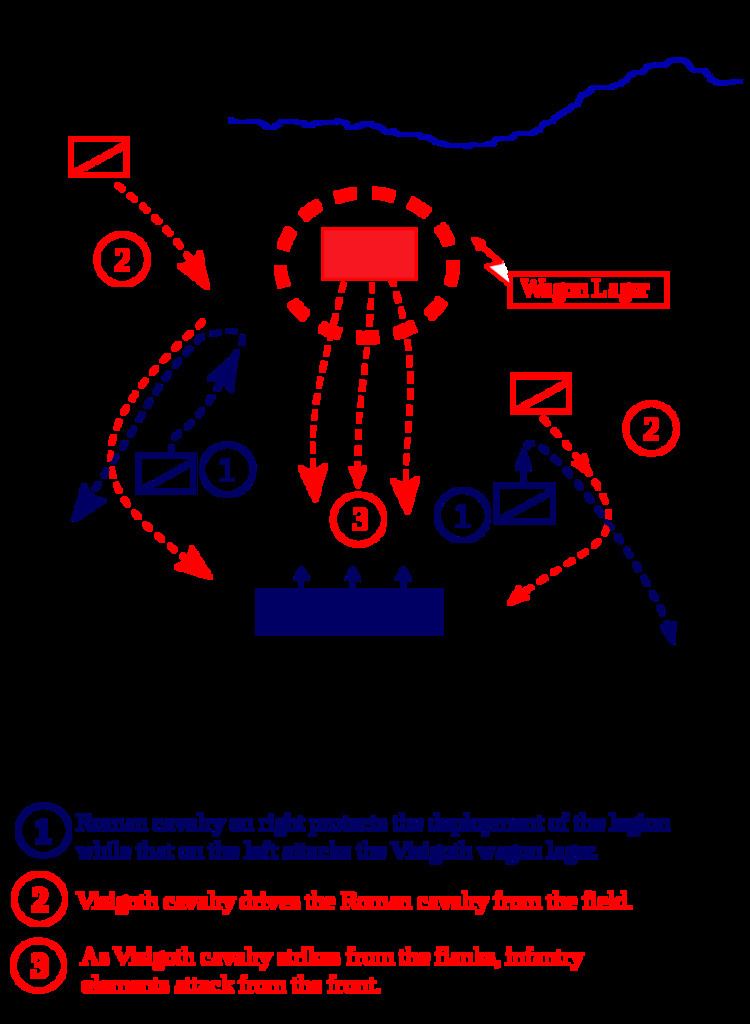 | ||
Year 378 (CCCLXXVIII) was a common year starting on Monday (link will display the full calendar) of the Julian calendar. At the time, it was known as the Year of the Consulship of Valens and Augustus (or, less frequently, year 1131 Ab urbe condita). The denomination 378 for this year has been used since the early medieval period, when the Anno Domini calendar era became the prevalent method in Europe for naming years.
Contents
Roman Empire
Mesoamerica
Architecture
Religion
Births
Deaths
References
378 Wikipedia(Text) CC BY-SA
